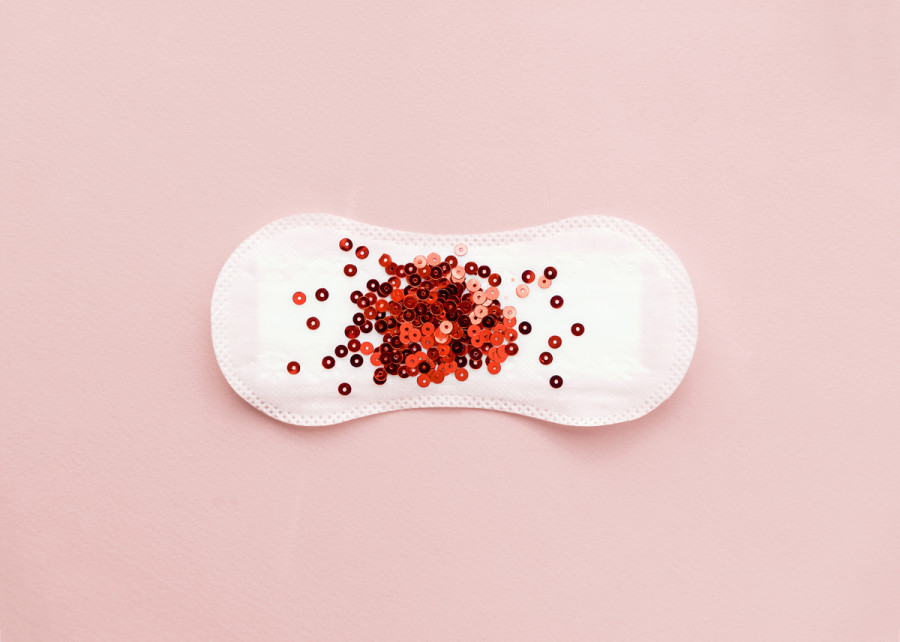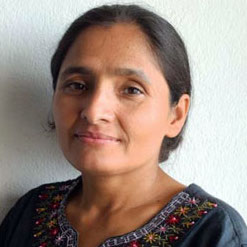Columns
Menstruation or period?
The taboo, stigma and restrictions associated with menstruation have been passed on to modern times.
Radha Paudel
I often wonder why people these days use the word 'period' instead of saying 'menstruation' directly. Is it because of the taboo and stigma around menstruation or its meaning as a cyclical phenomenon? Various reports have claimed that menstrual blood is considered to be dirty and contaminated, thus the imposition of restrictions to maintain discipline in the community during the Greek and Roman eras. More or less the same understanding was observed during the Renaissance era where menstrual blood was thought to be embedded with toxins. The taboo, stigma and restrictions associated with menstruation have been continuously passed on to modern times.
Menstruation appeared in public discourse when Julia Ward Howe was questioned about continuing her high school due to restrictions on horse riding in 1874 during the days of the first wave of feminism.
Silent feature
The second wave of feminism emerged since the publication of the book Our Bodies, Ourselves in 1973 where the focus was on pregnancy, childbirth, abortion and contraception. But the topic of menstruation remained a silent feature until the third wave of feminism. Menstruation goes hand in hand with the discourse on pregnancy, childbirth, abortion and contraception, but nowhere is it mentioned explicitly. This is one of the key questions for sexual and reproductive health today. Under the sexual and reproductive health comprehensive package, menstrual health was not included as an independent element. It was put under adolescent health. Therefore, the essence of menstruation and it's wider and deeper impact on society remained undiscussed.
In this connection, the use of the word period is also a kind of escape from using menstruation directly due to taboo or shyness. The nicknames vary from culture to culture or society to society though there is one commonality of taboo or stigma. Thus societies do not have the confidence to acknowledge the natural phenomenon yet.
There are other words which indirectly refer to menstruation. In many circumstances, the word sanitary pad is popular instead of menstrual pad. But the word doesn’t really fit—the menstrual pad is not used to clean blood from cuts or nose bleeds. Neither is it used as a cleaner or sanitiser. It is sanitary, but then again so are sterilised cotton gauzes used to make bandages. Besides calling the cup which is used for managing menstrual blood as a menstrual cup, other products also need to be associated with the term menstruation directly.
There is no point in being shy while talking about menstruation. Keeping the definition of dignified menstruation in mind, using nicknames, alternative names or other words is also playing a role to establish a state of dehumanisation. It is also a barrier to dignity during menstruation. In association with such taboos and stigmas, often restrictions are created. Shopkeepers sell menstrual pads by wrapping them in newspapers or putting them in black plastic bags. Indeed, the pharmacist is trying to respect societal norms, but in doing so is fuelling the stigma.
In the UK, a menstrual campaign called period poverty was launched, and it was appreciated globally by many menstruators. But, again, it has positive and negative connotations—taboo for menstruation and layering of people with regard to class or financial viability where their dignity is compromised in the long term and will continue from year to year for many more years.
Significant year
The year 2018 was a significant year for menstruation from the perspective of awareness through arts and entertainment. The Bollywood movie ‘Pad Man’ brought an open discourse on the societal restrictions surrounding menstruation in South Asia. 'Period. End Of Sentence.', an Oscar-winning documentary, also had a significant symbolic role to break the silence around menstruation. However, using the word menstruation in the title of these films would have given the public confidence to use the word without any hesitation.
Acknowledgement is very important to construct and cultivate the culture of power and shape. Menstruation is constructed by nature, and like we use the words mouth and nose to refer to these organs, we should use the direct name which helps to build an emotional attachment with the body and process and acknowledge the essence of menstruation, while respecting all menstruators (among non-menstruators). It is red menstrual blood that helps humanity move forward in time, and everyone deserves dignity during menstruation.




 8.99°C Kathmandu
8.99°C Kathmandu















